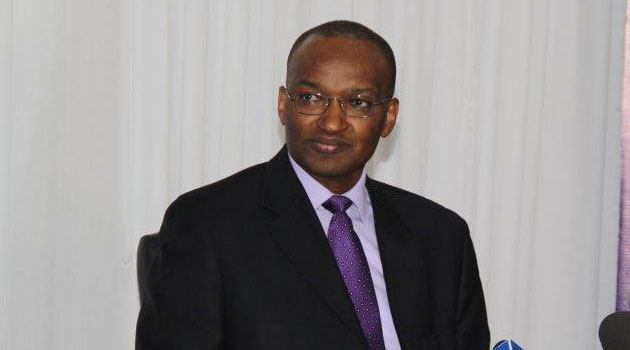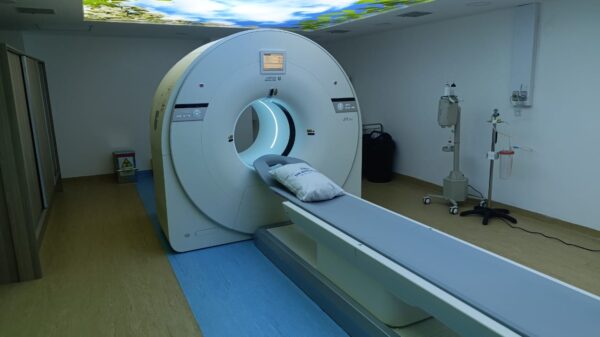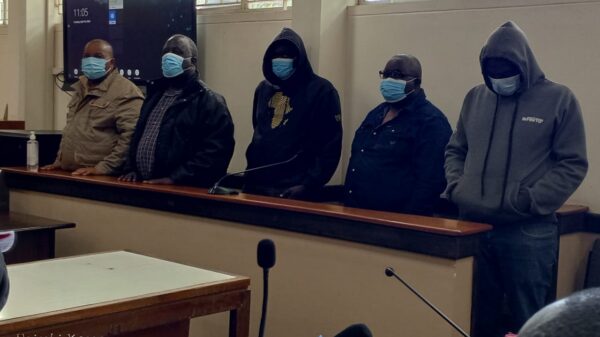
Even the lack of rains is being blamed on the Interest Rate cap, let’s not be so accepting on this blame,” Njoroge said./FILE
NAIROBI, Kenya, Mar 28 – The Central Bank of Kenya (CBK) Governor Patrick Njoroge has cautioned banks not to be quick to link the status of the financial sector to interest rate capping.
“Even the lack of rains is being blamed on the Interest Rate cap, let’s not be so accepting on this blame,” Njoroge said, adding that more information is needed to determine the impact of the rate cap to the economy.
Some banks have blamed the interest rate caps for their decline in profits in their 2016 net profit as well as job cuts that have so far hit more than 3000 staff.
“We are working on reports to determine the extent of the damage the rate cap has had on the economy,” Njoroge told a news conference on Tuesday.
He instead insisted that banks should review their business model for them to survive.
“But would you want us to go back to where we were before the interest rate caps? It’s atrocious,” he pondered.
The growth of credit to the private sector has stabilized at 4 percent with the share of loans to corporate increasing compared to business and personal loans.
Even with the number of loans increasing since the rate cap reinforced, loans approvals have declined by 6 percent between December 2016 and February 2017.
The banking sector, however, remains resilient as average commercial banks’ liquidity and capital adequacy ratios stood at 43.2 percent and 19.7 percent respectively in February 2017.
However, the ratio of gross non-performing loans to gross loans increased to 9.7 percent in February 2017, largely due to tighter credit standards and slower credit growth.
Meanwhile, the foreign exchange market has remained stable supported by a narrower current account deficit mainly due to lower imports of petroleum products, machinery and transport equipment.
Additionally, inflows from horticulture, tourism, and diaspora remittances continue to show resilient.
The CBK’s foreign exchange reserves currently stand at USD7, 762 million (5.1 months of import cover) compared to USD6, 963 million (4.6 months of import cover) at the end of January 2017.
The increase is largely due to inflows of planned external loans of the government.
These reserves, together with the Precautionary Arrangements with the International Monetary Fund (IMF), equivalent to USD1.5 billion, continue to provide an adequate buffer against short-term shocks.


































